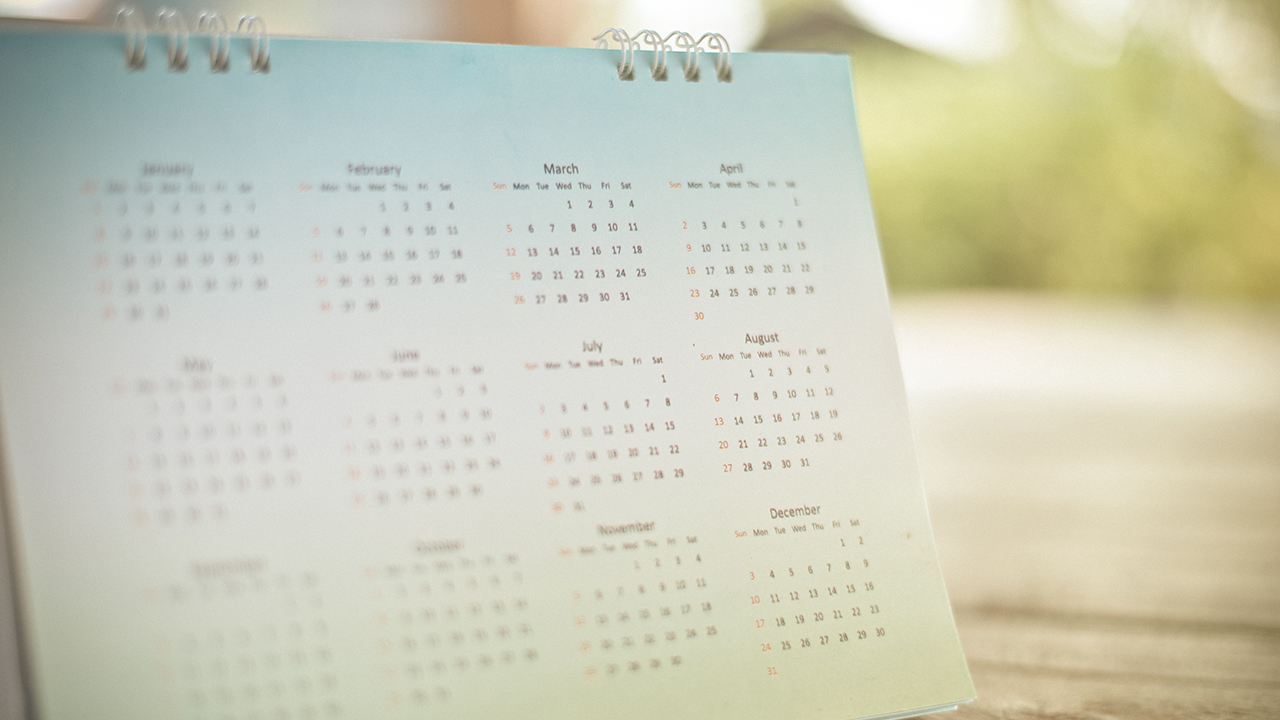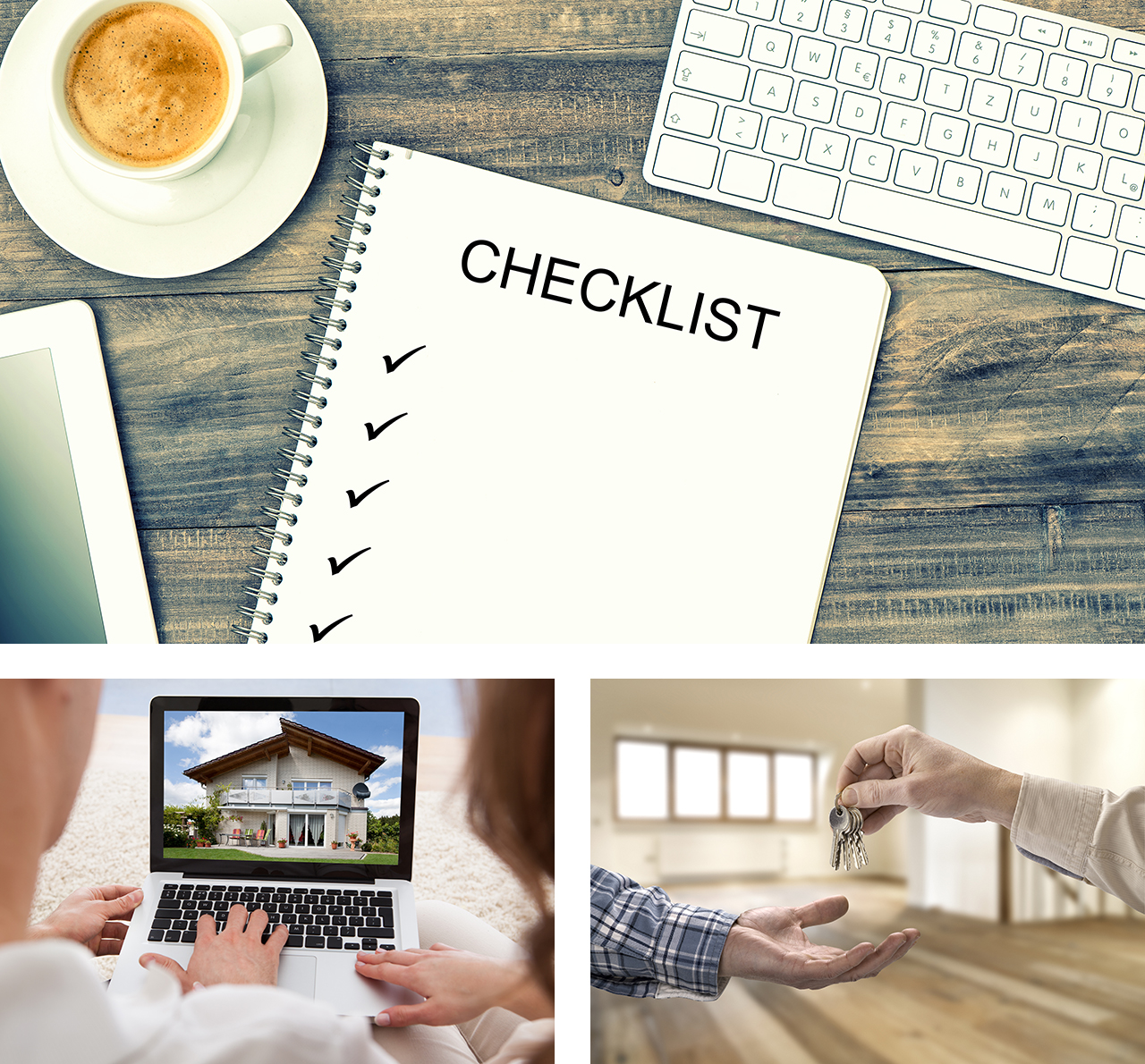Is Now Still a Good Time to Buy a Home? The number one question I…
YOUR STRESS FREE 12-MONTH CHECKLIST BEFORE BUYING A HOME
Considering the magnitude of the purchase, buying a home requires a lot more than just scoping out a few listing on the internet, scheduling a couple of showings, and slipping in your offer. You’ll need to take your time on this one, and make sure you tick off a bunch of to-do’s before you dive into a home purchase.
It doesn’t have to be an overwhelming process, but it is one that you want to approach with plenty of information and enough time to think about everything it is that you want and need in your new home.
To make things easier for you, here’s a simple-to-follow checklist in the chronological order in which each item should be crossed off before moving onto the next task.

One year before:
Get a copy of your credit report. You’ll want to know what your credit score is before you apply for a mortgage. If your score is a tad low, 12 months should give you ample time to make a few changes to improve it.
Get your debt under control. Your lender will look at all your outstanding debts and determine whether or not your income can support another loan on top of what you’re already dealing with. Now’s the time to make every effort to get your debt under control, and start getting really serious and disciplined about paying it down. Start with debt that’s got the highest interest rate attached to it (like your credit cards), and work your way down.
9 months before:
Start looking at different neighborhoods. You might have a specific area in mind that you absolutely love. However, there’s a chance that the price range for homes in that areas might be out of your reach. As such, consider researching a few different neighborhoods to see if there’s a place that you’ll love that offers homes you can actually afford. Pay attention to the amenities that the neighborhood has, what the neighbors are like, what the crime rate is, whether it’s close to public transportation, and what future property values are expected to do in that area.
Make a list of the features you want and need in your new home. This will make it easier for your real estate agent to come up with a short list of homes that meet your criteria, including the listing price. Decide on things like the number of bedrooms you need, how big you want the backyard to be, whether you require an attached garage, or if you want a finished basement.
Hire a real estate agent. At this point, you may be ready to start engaging with a real estate agent to help get you started on the path to homeownership. You’ll likely want to scope out a few agents, and starting this early on will give you enough time to compare and contrast agents and finally select the one who you believe will provide you with the service you’re looking for.
Get pre-approved for a mortgage. There’s no sense in pounding the pavement in search of a new home in a price range you can’t comfortably afford. We can help you run the numbers to help you determine payments, loan types, and your maximum purchase price. At this point, we will start the process of a pre-approval, which means submitting a variety of documents, including tax returns, pay stubs, bank statements, loan statements, and asset/investment information.

3 months before:
Start the house hunting process! At this point, you’re ready to start physically and actively searching for homes that meet you criteria. Your real estate agent will play an instrumental role here, and will funnel through all the listings to come up with a list of properties that match your requirements.
The last few weeks before closing:
Don’t take out any new loans. At this point, you’ll have submitted an offer that was accepted, which means the deal is now in escrow. You could easily sabotage the deal by taking out new loans that could affect the chances of your lender denying your mortgage approval.
Take out homeowner’s insurance. Not only is this a good idea to ensure you’ll receive compensation should anything be stolen or damaged in your home, your lender will likely require to have it before you’re approved for a mortgage.
Do a final walk-through. Be sure to have a walk through the home to make sure it’s in the exact same condition as when you agreed to buy it a few days before the deal closes.
The Bottom Line
Being prepared is your best bet to ensure the entire house hunting and buying process goes smoothly. This is likely the largest investment you’ll ever make, so you want to be sure that no stone is left unturned.
